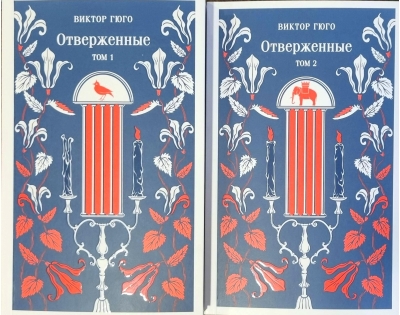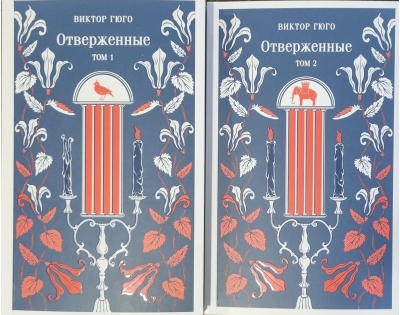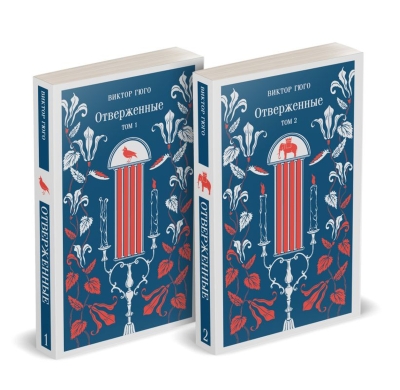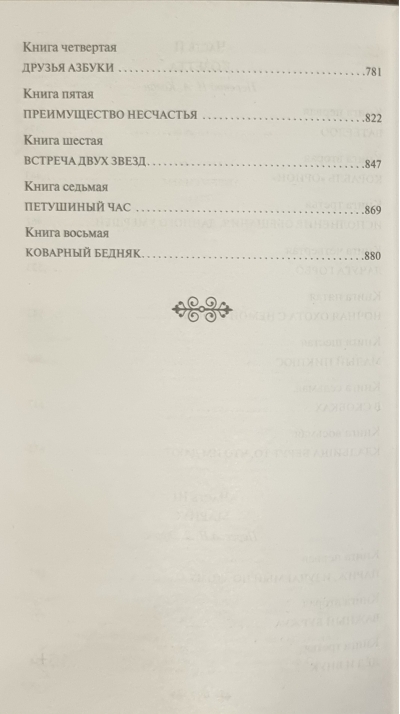Les Miserables. In 2 volumes
29.99 €
The only thing available 2
Covering a wide time frame (including the period of France from 1815 to 1832 and the brutally suppressed June Uprising in Paris), the work is a historical drama, constantly referring the reader to the current events of that time. Victor Hugo criticizes the policies of the Restoration era, the poor social situation of the majority of the population. He gives his characters republican sentiments, which makes the novel revolutionary and anti-monarchist.
The book covers a significant period of French history, including the Napoleonic Wars and the July Revolution of 1830.
Victor Hugo used real historical figures and events to create his characters and plot, which gives the book additional depth and realism.
Among the "outcasts" are Jean Valjean, sentenced to twenty years of hard labor for stealing bread for his starving family, little Cosette, who turned into a charming girl, and the cheerful street urchin Gavroche. The confrontation between the criminal world of Paris and the police, the disputes of political parties and battles on the barricades, the monastic laws and the church system - a brilliant picture of French society at the beginning of the 19th century.
Covering a wide time frame (including the period of France from 1815 to 1832 and the brutally suppressed June Uprising in Paris), the work is a historical drama, constantly referring the reader to the current events of that time. Victor Hugo criticizes the politics of the Restoration era, the impoverished social situation of the majority of the population. He gives his characters republican sentiments, which makes the novel revolutionary and anti-monarchist.
The book covers a significant period of French history, including the Napoleonic Wars and the July Revolution of 1830.
Victor Hugo used real historical figures and events to create his characters and plot, which gives the book additional depth and realism.
Among the "outcasts" are Jean Valjean, sentenced to twenty years of hard labor for stealing bread for his starving family, little Cosette, who turned into a charming girl, and the cheerful street urchin Gavroche. The confrontation between the criminal world of Paris and the police, the disputes of political parties and battles on the barricades, the monastic laws and the church system - a brilliant picture of French society at the beginning of the 19th century.
Covering a wide time frame (including the period of France from 1815 to 1832 and the brutally suppressed June Uprising in Paris), the work is a historical drama, constantly referring the reader to the current events of that time. Victor Hugo criticizes the politics of the Restoration era, the impoverished social situation of the majority of the population. He gives his characters republican sentiments, which makes the novel revolutionary and anti-monarchist.
See also:
- All books by the publisher
- All books by the author
- All books in the series Highway. Main trend

























